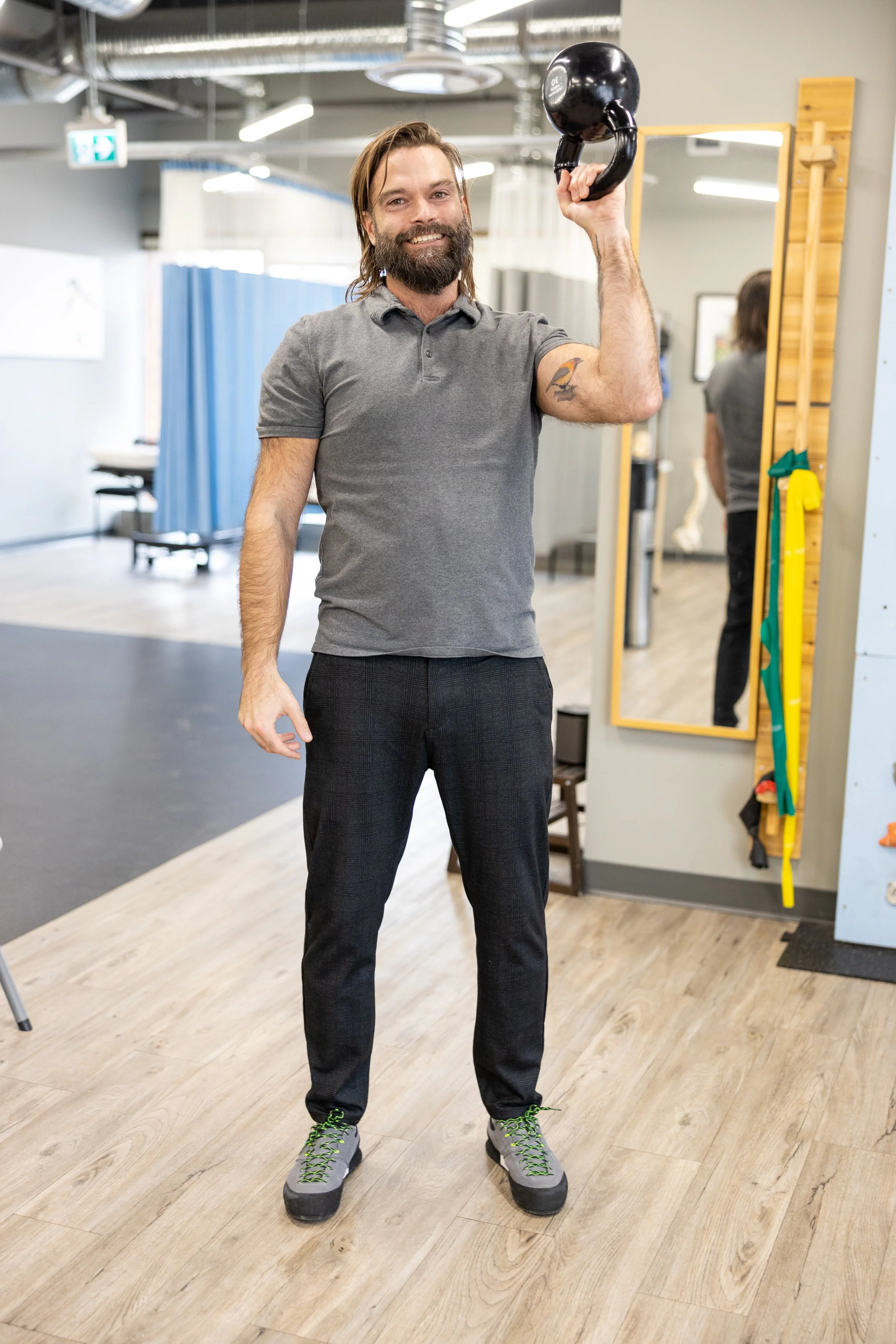What To Expect From A Physiotherapy Treatment
No two people are exactly the same and physiotherapy treatments are as unique as the patients we treat! Treatment is individualized and tailored to what your body needs to recover as well as to your goals. Most treatments are a combination of techniques, such as hands-on manual therapy, exercises, and therapeutic modalities. In this article we’ll explain all of the options that you might see in a Physiotherapy treatment at Corona Station Physical Therapy.
Manual Therapy
Manual Therapy is a broad phrase used to describe the “hands-on” work performed by Physiotherapists and can include stretching and mobilization with movement, joint mobilizations, joint manipulation, and myofascial release. For instance, if you are experiencing stiffness within a particular joint, manual therapy can help to restore movement so that the joint moves with greater ease. The intention behind these techniques is to reduce your pain so that you are better able to engage in exercises prescribed by your physio, as well as activities of daily living. All of our physiotherapists have engaged in additional post-graduate orthopedic and manual therapy training.
Exercises
Exercise is an important part of Physiotherapy treatments for many of our clients. This can involve stretching and strengthening exercises, many of which require minimal equipment. Why is treating our muscles so useful? If you’re experiencing knee pain from arthritis, for example, strengthening exercises for surrounding muscle groups can be used to reduce the impact on the joint as you use it. In other words, a stronger joint equals a more protected joint, which ultimately will help you move better. Many injuries can leave you with loss of strength or range of motion, and exercise can be the best medicine to get you back to the activities and life you love.
Therapeutic Modalities
Therapeutic modalities is another broad phrase that covers many types of treatment options. This includes:
cryotherapy (ice)
thermotherapy (heat)
TENS or EMS machines
therapeutic ultrasound
mechanical traction
acupuncture
dry needling
cupping
Education
Education is a vital part of our treatments! All of our Physiotherapists are committed to explaining your condition in a clear way so that you can understand more about your condition and why it’s happening. We also believe it’s important to know why we recommend certain treatment options overs and encourage questions from our clients.
Understanding what to expect from physiotherapy can help you feel more engaged in your treatment, and help calm any “first time jitters”. It is important to remember that everyone’s treatment will be different, but your participation is an important part to your success story! We hope this information answers any questions you might have but if you ever have questions about your treatment plan, be sure to ask your Physiotherapist! We’re here to help you get back to the things you love doing.
Written by: Ronnie, Admin






